Kindness and cruelty: Our relationship with animals
Life on land



Your support will assist us to continue our research and content development, the greater our resources, the more we can do.
The more we have an accurate understanding of what is happening to nature, the more we can all do to protect what remains of our living planet.
This is also an opportunity for philanthropists to be part of an ongoing project that tells independent stories about the natural world, stories that will help us to better understand what is happening to species and places on our precious planet Earth.
Note: Creative Cowboy Films does NOT have tax deductible charity status.

The Nature Knowledge Channel is a very real way you can help the precious natural world and support the work we do in creating knowledge about the natural world.
Annual membership of the Creative cowboy films - Nature Knowledge Channel gives you full access to content, stories and films, available on this website. Becoming a member of the Creative cowboy films - Nature Knowledge Channel is a very real way you can help the natural world and support our work in creating a greater understanding about what is happening to it.
A point of difference
Creative cowboy films is independent, is not funded by governments or industry, and is not influenced by their associated interest groups. For reasons of independent research and content development, Creative cowboy films does NOT have tax deductible charity status.
Life on land
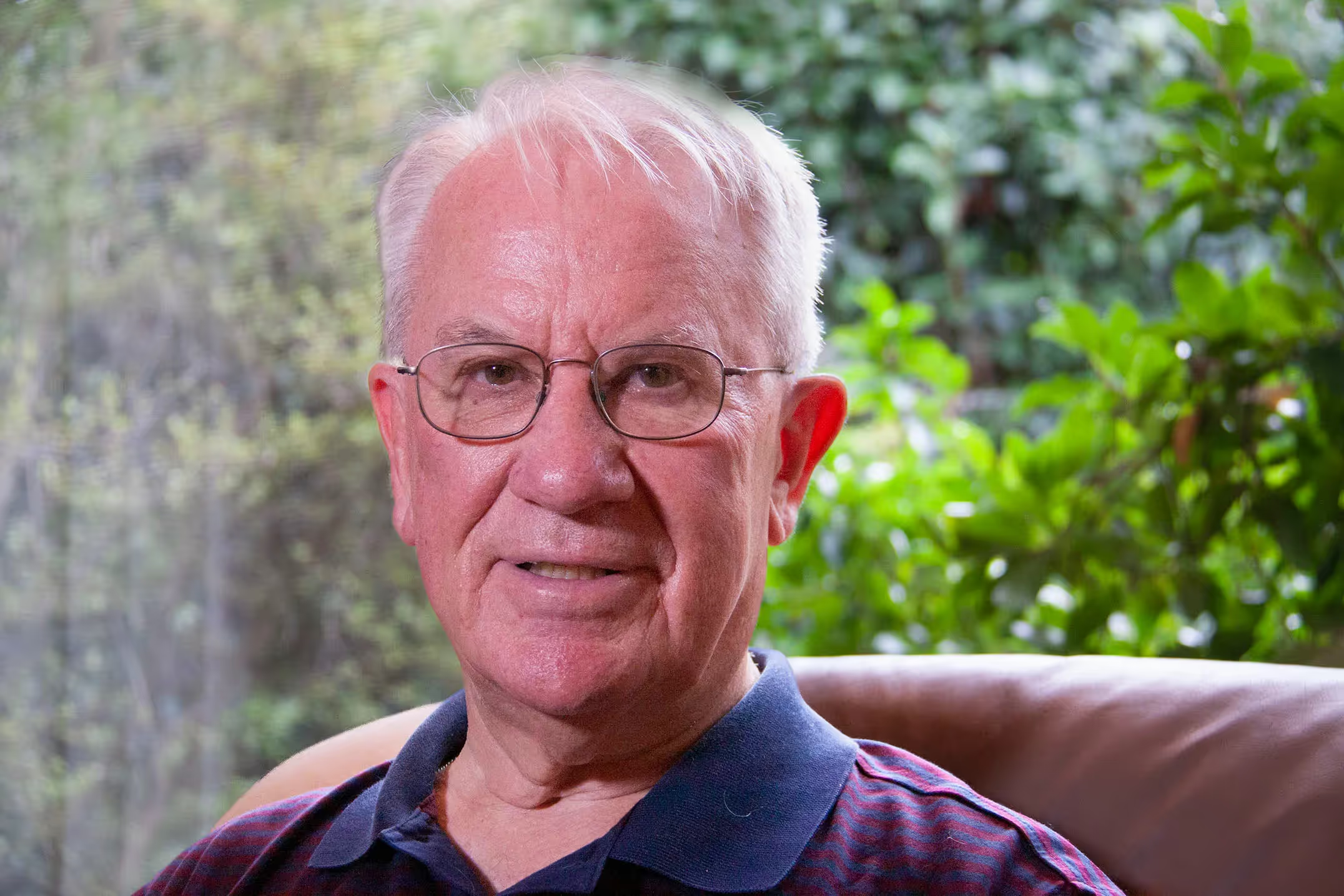
Well animals, whatever they are certainly not automatons, they are what we call sentient creatures which means they are equipped with the ability to respond to other animals in social groups but they also respond to the way in which we deal with them. They can feel pain, physical pain. They can certainly feel mental pain and they can certainly react to that pain whether it is mental or physical in the way in which we react.
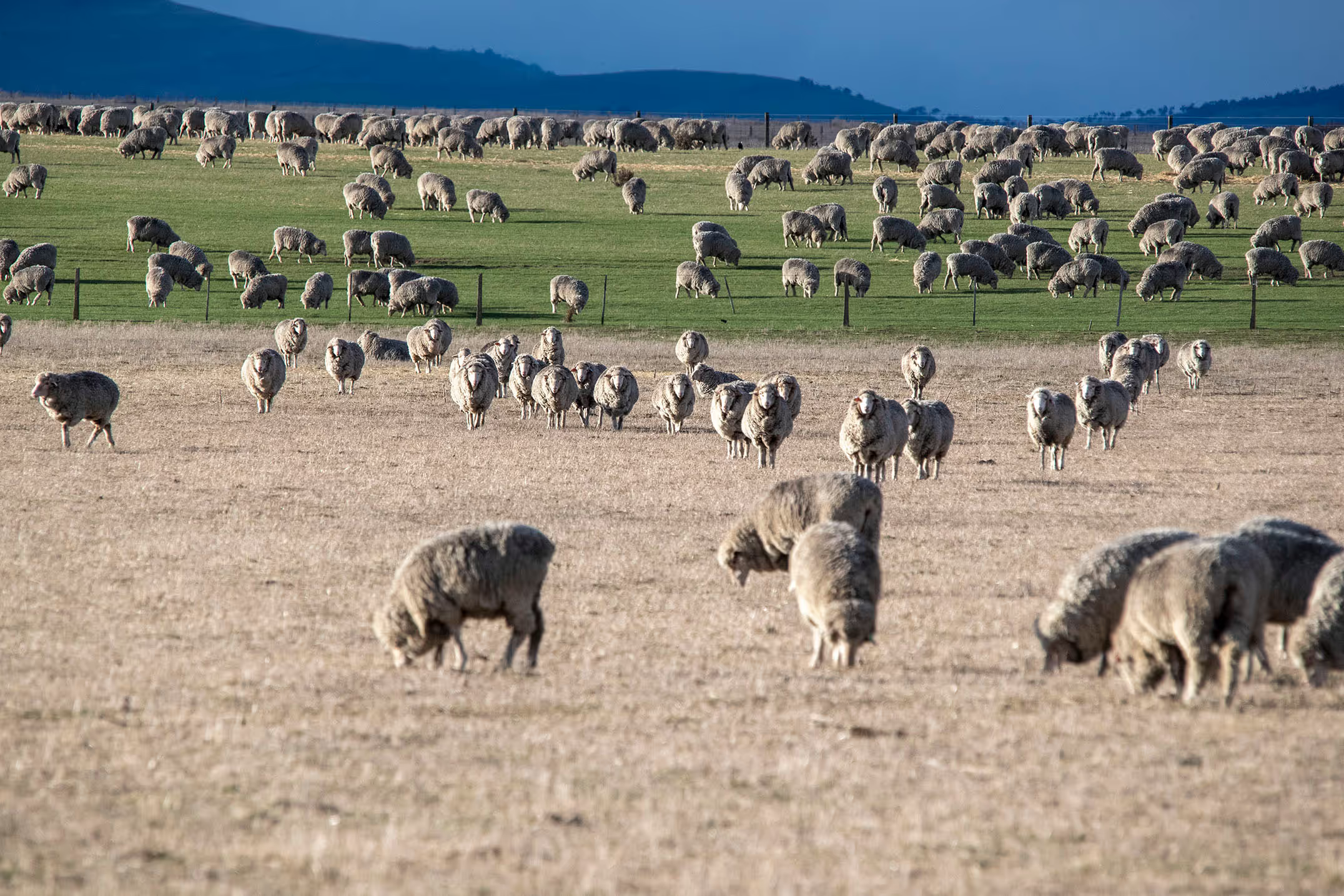
I wanted to explore how our relationship with animals was changing as societies and cultures around the world adapt to our rapidly changing circumstances:
With this in mind we headed off to see an old friend, Dr Hugh Wirth AM, in Melbourne, Australia. Hugh was the long-time President of the RSPCA in the State of Victoria and a former President of the World Society for the Protection of Animals (WSPA), the world body based in London.
Note: Content in this story is from 2013 (video) and 2018.
I say what follows as Hugh would have wished me to do.
One of Hugh’s major concerns, and he expressed it quite forcefully, was the lack of empathy for animals that was so often and so clearly demonstrated by governments. He was not particularly fond of government vets and had worked particularly hard in educating vets generally to regard their interaction with animals differently to what may have occurred in the past. This sounds odd but it remains a significant problem, which extends to at least some politicians and their public servants (civil servants). Hugh expresses some of these concerns in one of our discussions.
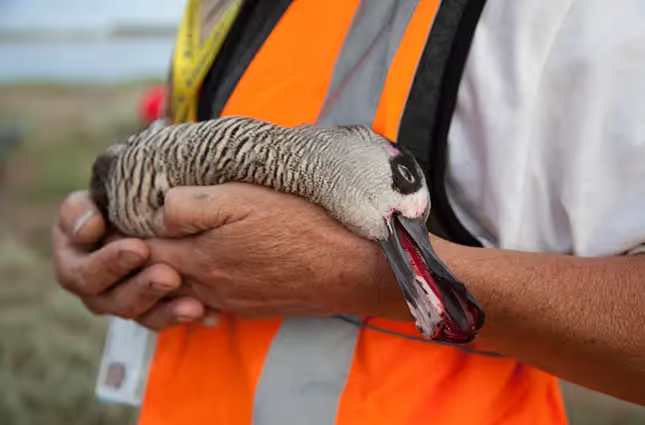
Sadly, at this time, and as his illness was starting to have an impact on his life, Hugh was feeling very positive about the progress he and his colleagues in the RSPCA in Victoria were making in relation to improving animals’ welfare conditions in Victoria and beyond. What has occurred in Australia since this particular discussion has been a significant reversal of the trend to improved animal welfare circumstances and progress in improving animal welfare legislation.
As I write this (early 2018), Victoria is soon to commence yet another duck hunting season, which heralds the mass slaughter, in the cruellest of circumstances, of hundreds of thousands of waterbirds in the State. In addition to this, Macropod species are under serious threat and face immense acts of cruelty, as it is highly probably that the Victorian Government will allow full commercial exploitation of at least two species of Kangaroo. There are many stories about these issues on the Creative cowboy films Nature Knowledge website. In addition to these things, endangered animals like the Leadbeater’s Possum and the Greater Glider are under increasing threat from Victoria’s logging practices, which result in animals being crushed or burnt.
“It is surely just as likely that the men of Lascaux were expressing a sense of admiration for animals, of humility in the face of their strength and speed. If animals are seen as man’s superiors rather than his prey, the cave paintings lead naturally to totemism, the worship of an animal as the symbol of a human tribe”. Lord Kenneth Clark
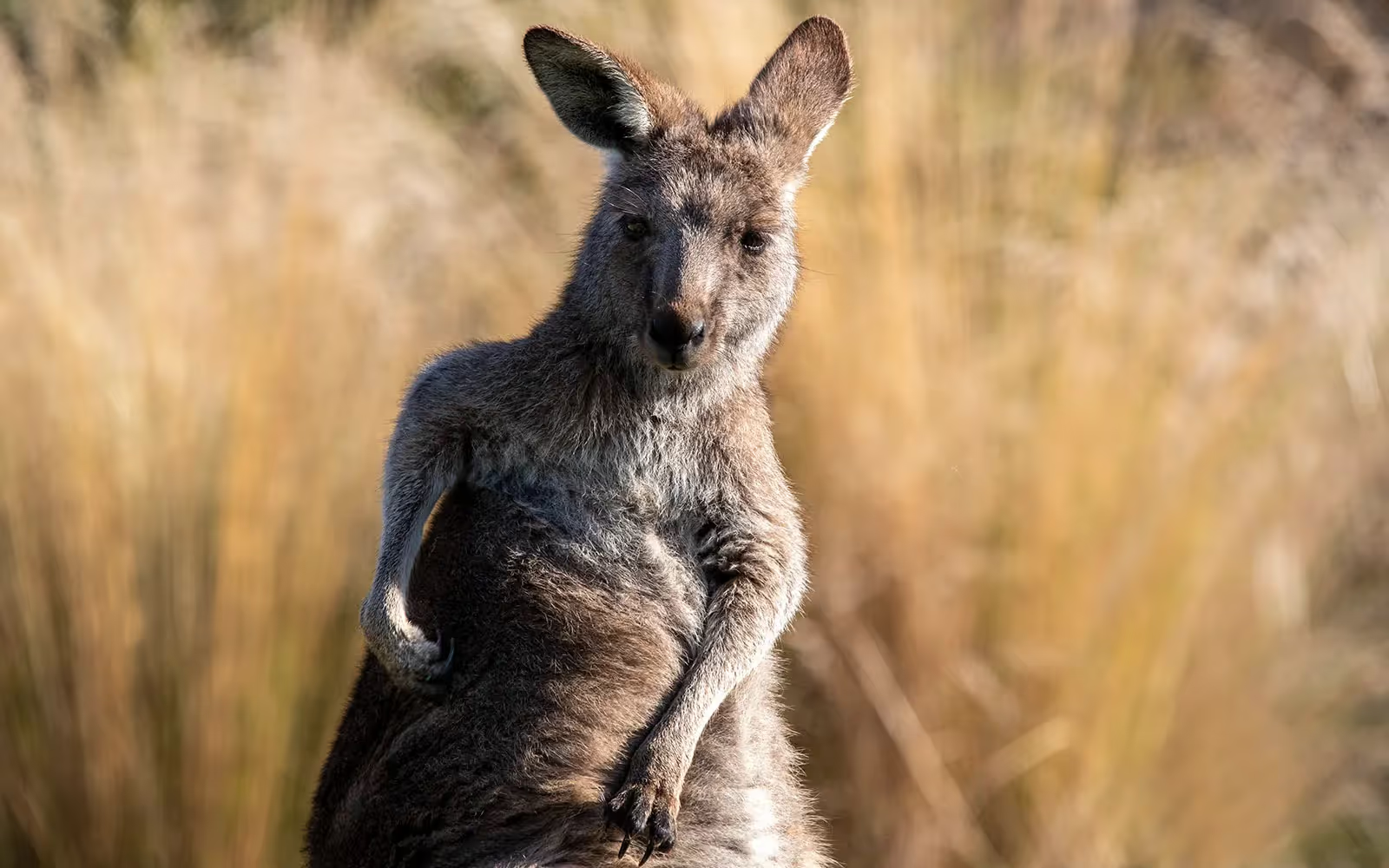
Australia’s Federal Government was busy promoting both live exports (there have been many disasters and scandals) as well as encouraging an extensive trade in wildlife.
The lack of empathy and the disconnection and distancing of those in government responsible for the actions I describe here, and to what actually happens to animals, appears now to be a greater problem than ever.
"My advice to Victorian Government Ministers is simply this, that is, they should ensure they and their staff, their public servants, attend the opening day of the duck hunting season and witness what occurs to Australia’s precious birdlife, witness the slaughter of macropods and the treatment of the young (joeys) as they are beaten to death and witness the desperation of the animals that manage to escape the slaughter".
It is perhaps only then that we will stop hearing the constant statements that this kind of behaviour is somehow acceptable, and even an enjoyable recreation, yes fun. The fact that some of this cruelty also involves children, a participation that has actually been encouraged by the Victorian Government, is beyond understanding. It is reprehensible.
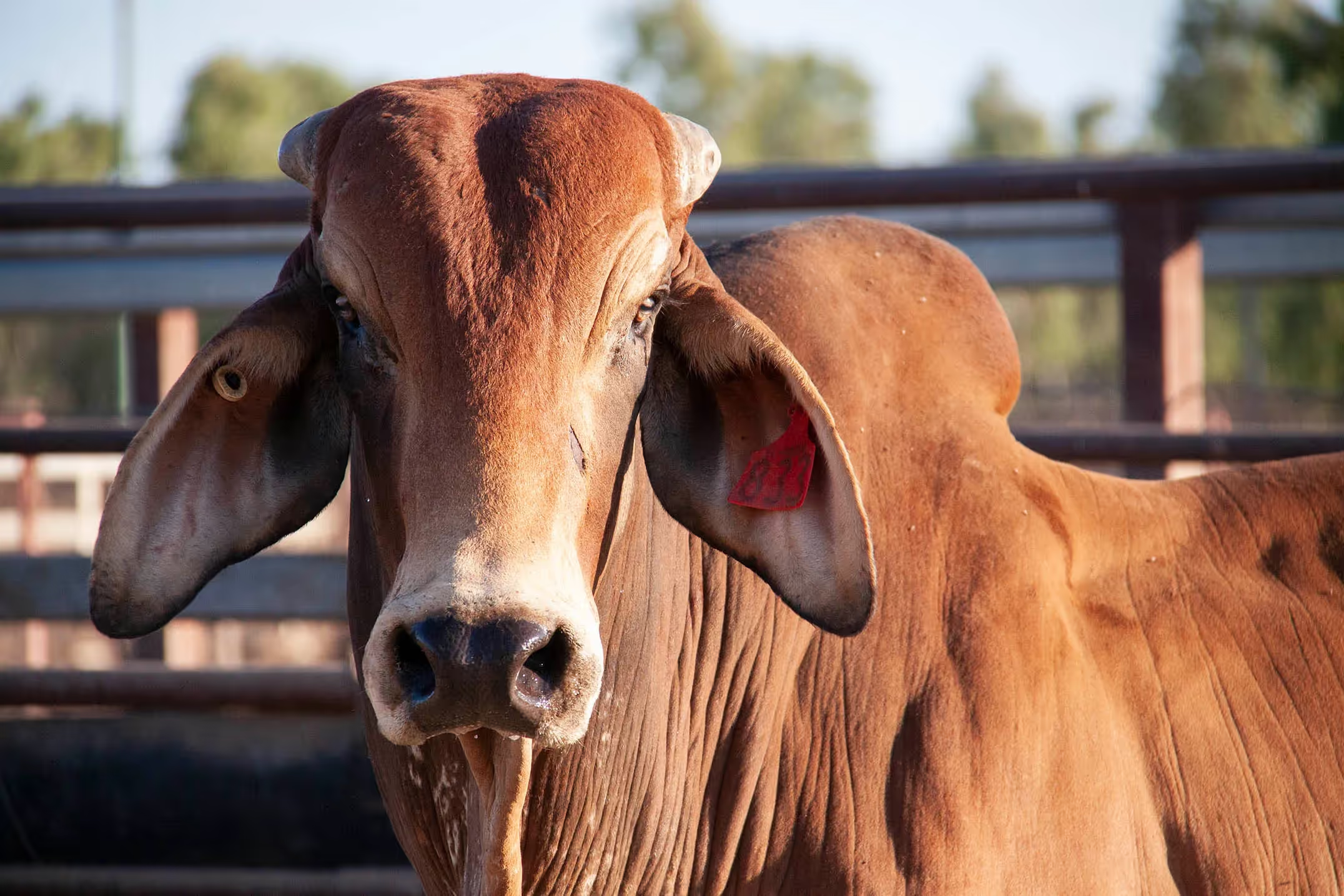
It was with heavy hearts and at our home in Japan that we learn of the death of our friend Dr Hugh Wirth.
"Hugh was a leader who was constant in his defence of animals and a leader who spoke out against cruelty and in doing so defined the way in which many in the Victorian population understand their relationship with animals, both domestic and wild".
Hugh, who lived in Melbourne, was the President of the RSPCA in Victoria from 1972 to 2015. Hugh was the first Australian President of WSPA, World Animal Protection (formally the World Society for the Protection of Animals).
Hugh was an immensely talented communicator and was part of the fabric of the ABC’s Radio Melbourne Saturday morning program. His radio encounters with the general public who called the program to talk to him about their pets, were amusing, knowledgeable and entertaining. He could be strict if he needed to be.
Our work with Hugh was of course centred around animal welfare issues and over the years we had many discussions about these matters. There were many enjoyable dinners too. On one fairly major project, the development of an animal shelter in Victoria, together, Hugh, Andrea and I navigated the endless obstacles that make achieving these things on behalf of animals so very difficult.
What we all learnt from Hugh is that you do not stop, whatever the obstacles, whoever the people, whoever the governments who attempt to hinder progress in these matters, you never stop.
Hugh’s memory will always be with us, we will miss his immense energy and strength. He was always a joy to be with. It is up to us all to ensure his voice remains strong.